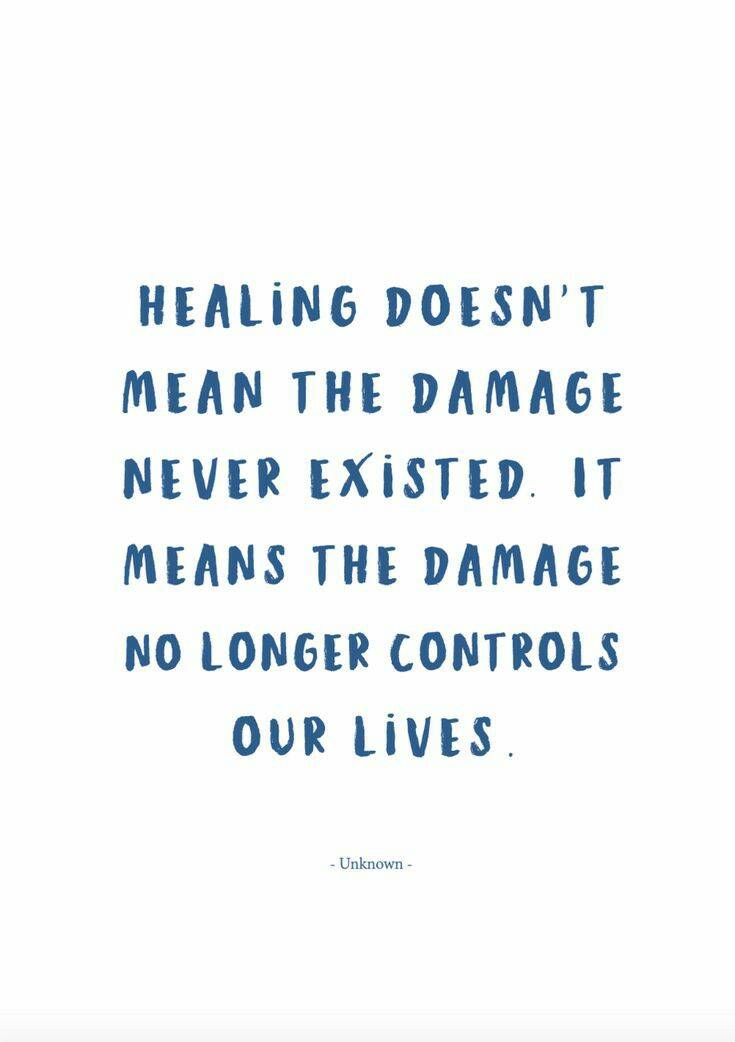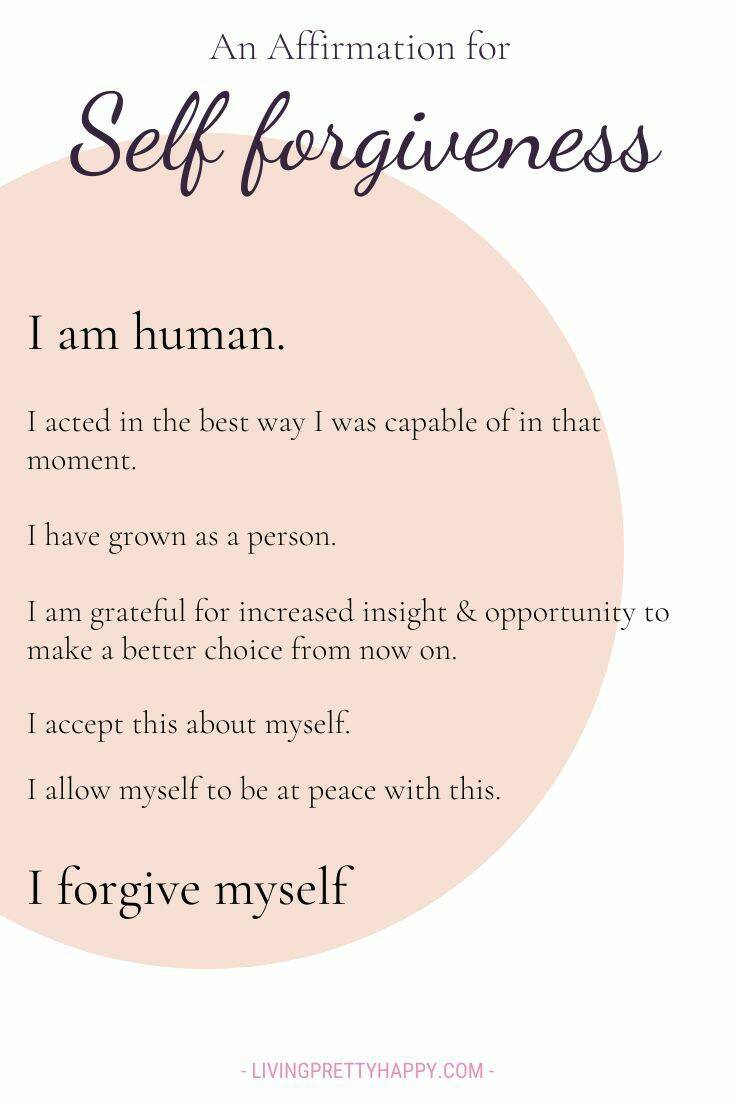Forgiveness
Forgiveness is often defined as an individual, voluntary internal process of letting go of feelings and thoughts of resentment, bitterness, anger, and the need for vengeance and retribution toward someone who we believe has wronged us, including ourselves.

This article is based off of Robert Enright's book " 8 Keys to Forgiveness"

When another person hurts us, it can upend our lives. Sometimes the hurt is very deep. Someone who has suffered deep hurt knows that when our inner world is disrupted its hard to concentrate on anything other than that pain. When we hold on to pain we are emotionally hobbled, and we suffer. Forgiveness is the medicine for this. Forgiveness does not come easy but it is achievable if we have have the right tools and are willing to put in the effort.
Here are the (8) basic steps to follow in the path of forgiveness
1. Know what forgiveness is and why it matters
Forgiveness is about goodness and extending mercy to those who have harmed us, even when they don't "deserve" it. Its not about condoning or excusing anyones actions, or pretending it did not happen. Nor is is a quick formula, it requires many steps that are not linear. But its worth it. Working on forgiveness can increase our self esteem and give us a sense of inner strength and safety. It can reverse lies we tell ourselves like "I am defeated" or " I m not worthy". Forgiveness can heal us and allow us to move on in life with meaning and purpose. Studies have shown that forgiveness has has strong psychological benefits such as decreasing depression, anxiety, unhealthy anger and symptoms of PTSD.

2. Become "forgivingly fit"
Just like how you would start a new excercise it helps to excercise your heart muscles and to work them out daily. You can start by making a decision to do no harm. In other words to decide not to speak badly of someone who has hurt you. You don't have to say good things, but not speaking bad can feed the forgiving side of your heart. You can also make practice of recognising that everyone is unique and irreplaceable. It is important to have this mindset of valuing our common humanity, so its harder to deem someone unworthy because they have harmed you.
Sometimes pride and power can weaken our efforts to forgive by making you feel entitled, so you hang on to resentment as a noble cause. Try to catch yourself when you are acting from that place, choose forgiveness instead it holds more power.
3. Address your inner pain
Its important to figure out who has hurt you and how. It may sound obvious, but not every action that causes you suffering is unjust. For example you don't need to forgive a loved one for being imperfect, even if the imperfections are inconvenient for you.
To do this you need to look at everyone in your life - your parents, siblings, peers, spouse ...even yourself- and rate how much they have hurt you. Maybe they have with held love, or physically harmed you. These hurts have contributed to your inner pain and need to be acknowledged. Doing this will give you an idea on who needs forgiveness in your life.
There are many forms of emotional pain; but the common forms are anxiety, depression, unhealthy anger, lack of trust, self-loathing or low-self esteem an overall negative worldview and a lack of confidence in one's ability to change. All of this can be dealt with by forgiving. So its important to know what time of pain you are suffering from and acknowledge it.
4. Develop a forgiving mind through empathy
If you examine some of the details in the life of the person who harmed you, you can often see more clearly what wounds they carry and start to develop empathy for them. We say hurt people hurt people. Most of the time people who hurt others are carrying wounds and pain themselves. If we take time to look into what sort of things they suffer from and understand the common humanity we share. We realize that they are a vulnerable person who is wounded and wounded you in return. Recognizing that we are all carrying wounds can open the door for forgiveness.

5. Find meaning in your suffering
its important to find meaning in your suffering, without meaning one can lose a sense of purpose, which can lead to hopelessness and a despairing conclusion that there is no meaning to life itself. So we try to to see how our suffering has changed us in a positive way.
To find meaning is not to diminish your pain or to say, I’ll just make the best of it or All things happen for a reason. You must always take care to address the woundedness in yourself and to recognize the injustice of the experience, or forgiveness will be shallow.
Still, there are many ways to find meaning in our suffering. Some may choose to focus more on the beauty of the world or decide to give service to others in need. Some may find meaning by speaking their truth or by strengthening their inner resolve. If I were to give one answer, it would be that we should use our suffering to become more loving and to pass that love onto others. Finding meaning, in and of itself, is helpful for finding direction in forgiveness.

6. When forgiveness is hard, call upon other strengths
when forgiving is hard surround yourself with good and wise people who support you and who have the patience to allow you time to heal in your own way. Also, practice humility—not in the sense of putting yourself down, but in realizing that we are all capable of imperfection and suffering. Try to develop courage and patience in yourself to help you in the journey. Also, if you practice bearing small offences against you without lashing out, you give a gift to everyone
7. Forgive yourself
Most of us tend to be harder on ourselves than we are on others and we struggle to love ourselves. If you are not feeling lovable because of actions you’ve taken, you may need to work on self-forgiveness and offer to yourself what you offer to others who have hurt you: a sense of inherent worth, despite your actions.
In self-forgiveness, you honor yourself as a person, even if you are imperfect. If you’ve broken your personal standards in a serious way, there is a danger of sliding into self-loathing. When this happens, you may not take good care of yourself—you might overeat or oversleep or start smoking or engage in other forms of “self-punishment.” You need to recognize this and move toward self-compassion. Soften your heart toward yourself.
After you have been able to self-forgive, you will also need to engage in seeking forgiveness from others whom you’ve harmed and right the wrongs as best as you can. It’s important to be prepared for the possibility that the other person may not be ready to forgive you and to practice patience and humility. But, a sincere apology, free of conditions and expectations, will go a long way toward your receiving forgiveness in the end.

8. Develop a forgiving heart
When we overcome suffering, we gain a more mature understanding of what it means to be humble, courageous, and loving in the world. We may be moved to create an atmosphere of forgiveness, to help others who’ve been harmed overcome their suffering, or to protect our communities from a cycle of hatred and violence. All of these choices can lighten the heart and bring joy to one’s life.❤